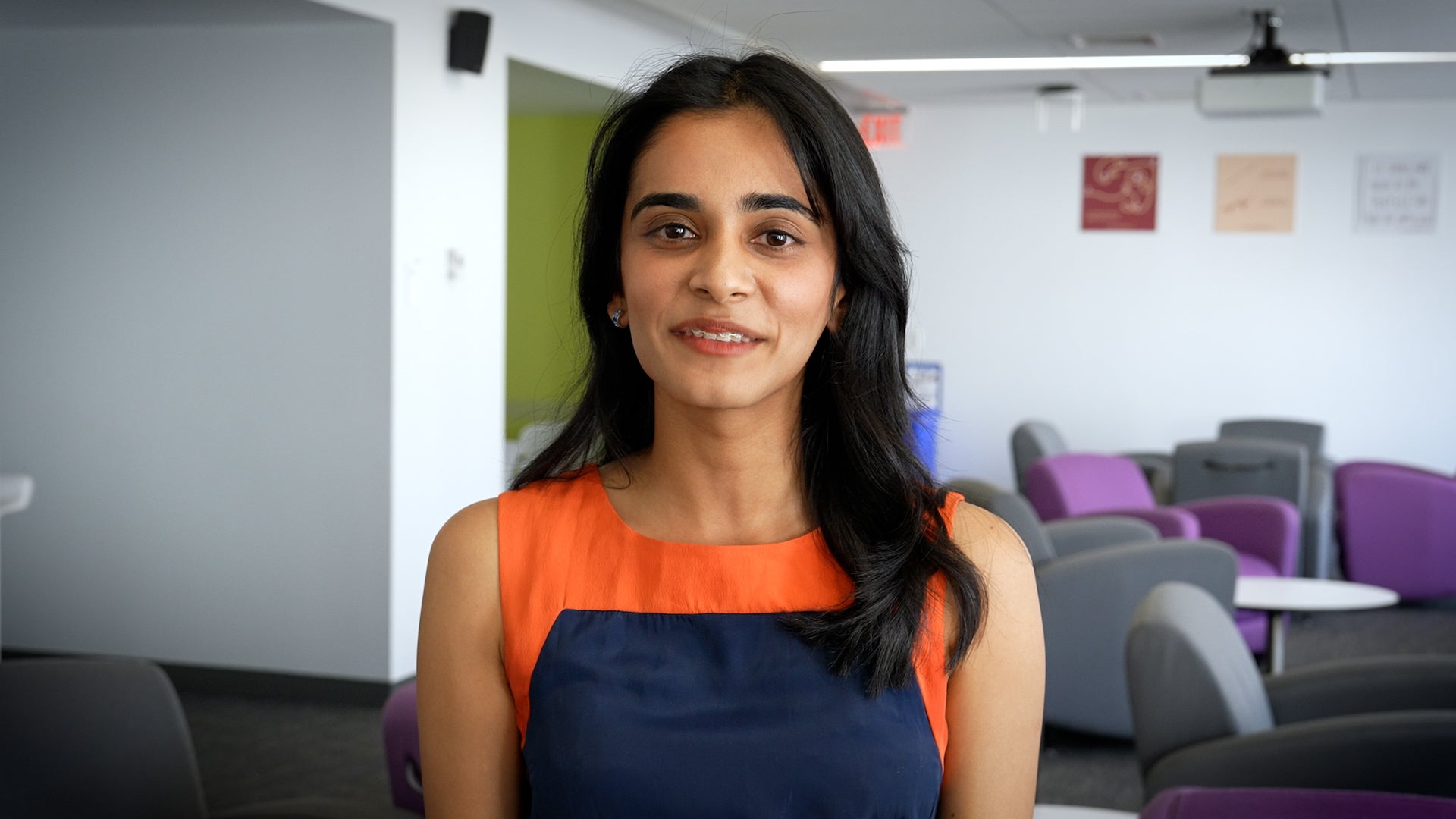Symposium encourages ‘anti-racism’ focus for public health

FXB event highlights research on health disparities spurred by structural racism, and the need for findings to inform policymaking
September 29, 2021 – More than a dozen experts at the intersection of race and public health recently gathered for a virtual symposium to discuss structural racism’s negative impacts on health and how public health research can help inform policy change aimed at advancing health equity.
The September 21, 2021, event, sponsored by the François-Xavier Bagnoud (FXB) Center of Health and Human Rights at Harvard University, marked the launch of a new Center initiative called the Structural Racism Initiative for Racism and Diversity with Equity (STRIDE), which is aimed at using public health data to address ongoing racial disparities.
“Health inequities are often an invisible form of structural violence,” said FXB Center Director Mary Bassett in opening remarks. “COVID has made that visible, not only to health professionals but to people around the globe.” As the pandemic continues to “take lives and disrupt livelihoods, especially for Black, LatinX, and indigenous peoples, a focus on structural racism remains critically important,” she said.
In a series of panels, speakers illustrated the historic roots of racial disparities in the United States and throughout the world, as well as racism’s ongoing effects on the social and environmental determinants of health. For example, David Williams, Florence Sprague Norman and Laura Smart Norman Professor of Public Health at Harvard T.H. Chan School of Public Health, cited research showing that two-thirds of Black children, 58% of Latino children, and 53% of Native American children reside in poor or poor-opportunity neighborhoods, while only one in five white and Asian children live in such neighborhoods. “If you could eliminate residential segregation, you could completely erase Black-white differences in income, education, and unemployment,” he said. “These data are telling us that racial inequities do not reflect culture, do not reflect failure of having the right work ethic, they do not even reflect a broken system; they reflect a carefully crafted system functioning as planned, successfully implementing social policies, many of which are rooted in racism.”
Other Harvard Chan School speakers at the event included Dean Michelle Williams, who gave welcome remarks; Jacqueline Bhabha, professor of the practice of health and human rights and the FXB Center’s director of research; Nancy Krieger, professor of social epidemiology; Monik Jimenez, assistant professor in the Department of Epidemiology; Margareta Matache, an instructor and director of the FXB Center’s Roma Program; and Natalia Linos, the FXB Center’s executive director.
In her remarks, Bassett introduced the FXB Center’s five new Human Rights Fellows, who will join two current fellows in conducting research on vital topics relating to race and public health. Social epidemiologist Brittney Butler, for example, will use a mix of qualitative and quantitative methods to examine how neighborhood-level disparities affect health outcomes of Black women during pregnancy. Medical sociologist Marie Plaisime will examine the impacts of structural racism embedded in medical education and technologies. Social epidemiologist Jourdyn Lawrence will investigate the possible health benefits of reducing the Black-white wealth gap through reparations.
In addition to producing research papers, the fellows will share their findings with the public through community meetings and events, and will produce materials to help community groups and policymakers implement concrete changes aimed at reducing health inequities. The goal, said Linos, is to create a group of “scholar-activists, who do the rigorous methodological research, but can also join in partnership with community groups to ensure that what comes out of Harvard is really able to transform what we see on the ground.” After all, she noted, “research must be actionable—because all of us today hope that in the future we’re not going to be describing the challenges of structural racism in health, but really talking about the solutions we help bring forward.”
Watch a video of the symposium here.


